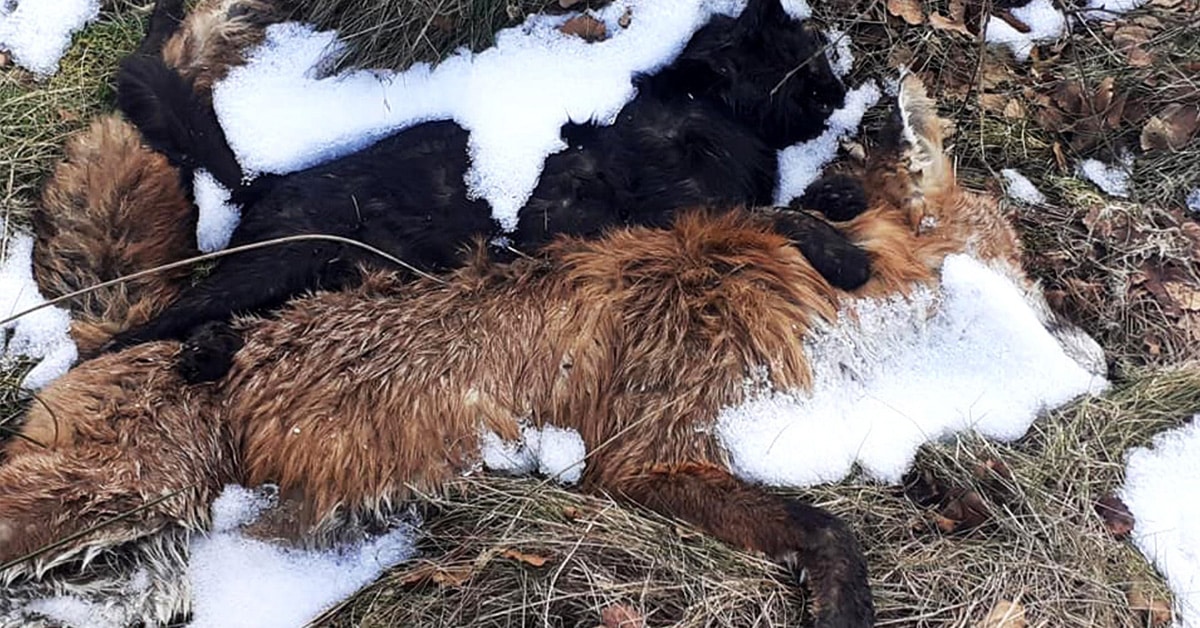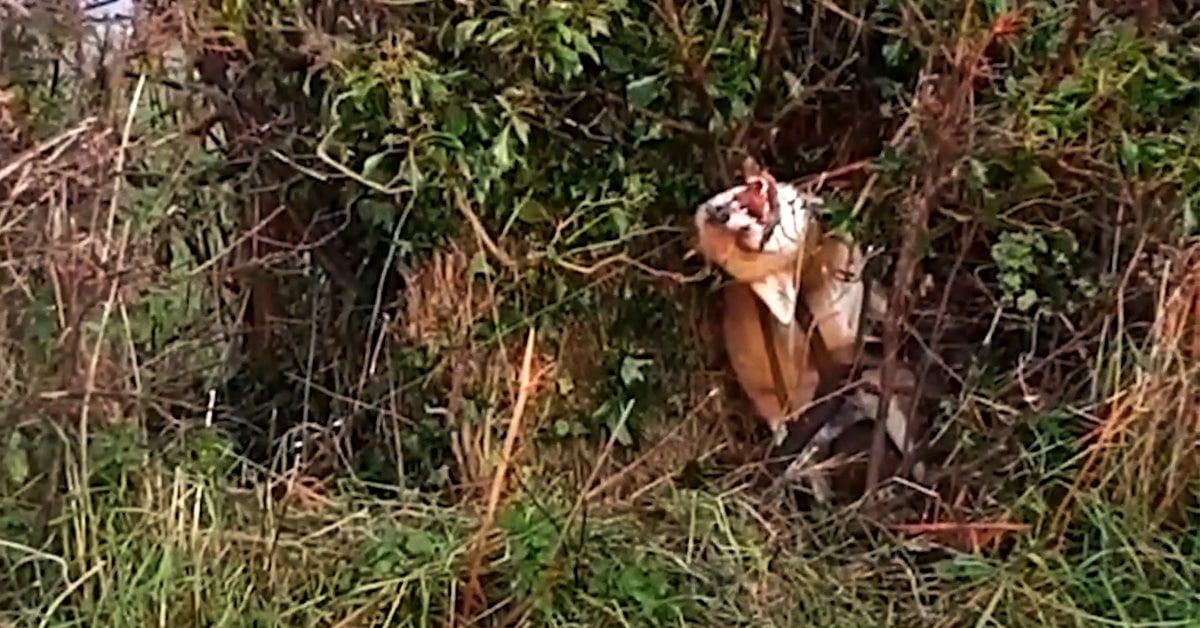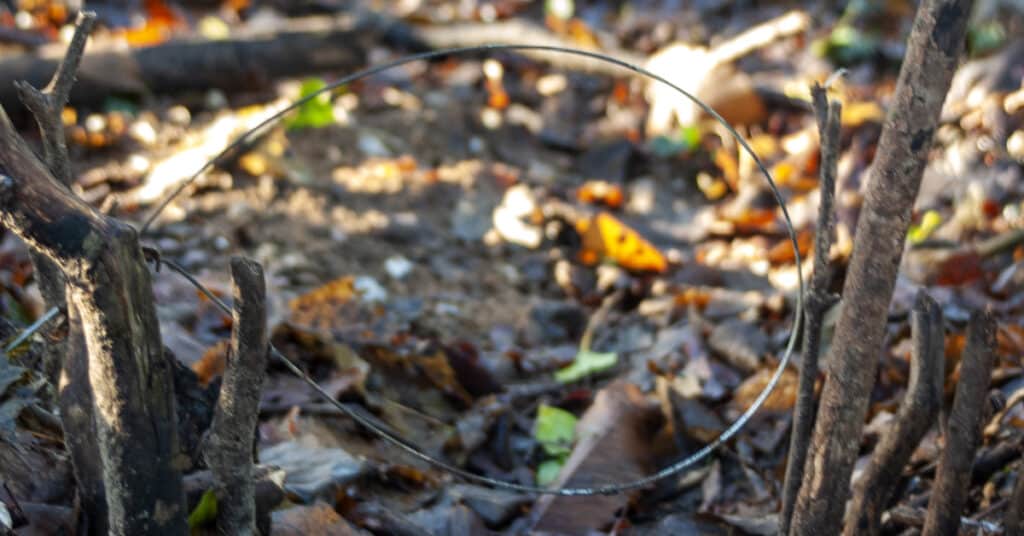Snares are cruel and indiscriminate, raising “significant welfare concerns”, an advisory board to the Scottish government has just announced. As a result, the board is recommending a blanket snare ban in Scotland.
On 9 December, the Scottish Animal Welfare Commission (SAWC) published its position paper on using snares to trap wildlife. The evaluation was based on the capacity of wild creatures to suffer physical and emotional distress as a result of snares. And it recommended that, due to the capacity for both target species such as foxes and non-target species such as cats and badgers to experience “pain and other negative sensations” when trapped:
the sale of snares and their use by both public and industry are banned in Scotland
SAWC used an evidential framework provided by the Wild Animal Welfare Committee as a basis for its position. It highlighted the importance of preventative measures in fox control such as the prompt removal of fallen stock, or better fencing in rabbit control. However, the group also suggested other forms of trapping and shooting as ‘humane’ alternatives to snares.
Nonetheless, SAWC took a strong stance against snare-use. In particular, it said that there isn’t a role for snares even in a last resort scenario due to their impact on animal welfare. And also pointed to the types of animals that get caught in snares including:
cats, dogs, sheep, and protected wildlife, such as badgers, mountain hares, pine martens, hedgehogs, birds, otters and deer.
SAWC cited estimates that between 21% and 69% of animals caught by snares are not the intended target.

Loops of death
Snares are loops of metal fixed in the ground intended to restrain animals. Free-running snares, which relax when the trapped animals stops struggling, are currently legal across the UK. Self-locking snares, which get tighter and don’t loosen even when struggling stops, are illegal. However, free-running snares have shown to be widely problematic. Some do not break when they are supposed to, for example. As a result, animals and their dependents can starve and die.
Snares are widely, though not exclusively, used by gamekeepers on shooting estates. The devices are used to trap foxes, which predate on pheasants and other birds murdered by the shooting industry, before they are killed. This is, of course, cruel to the fox. Additionally, however, snares have a history of capturing unintended targets such as cats and badgers.
A change is beginning
SAWC was set up in 2019 as an independent body of experts tasked with providing Holyrood informed positions on legislation related to the welfare of non-human animals. It includes people from a wide range of animal-related backgrounds. The commission previously recommended the Scottish government ban glue traps, and as a result Holyrood said in January that it intends to ban them in this parliamentary term. Although the ban is yet to materialise, this provides an optimistic future for SAWC’s recommendation on banning snares.

Elsewhere in the UK, the Welsh Assembly announced in September that it would introduce a snare ban across Wales. This will make the nation the first in the UK to do so. But with Scotland just a few paces behind Wales, all eyes will now be on Westminster. Unfortunately, as Protect the Wild recently reported, the UK government is dragging its feet on facing up to the problem of snares. It will hold a debate on 9 January 2023 following a successful petition calling for a nationwide snare ban. However, it has yet to launch a call for evidence on the welfare of animals caught by snares despite promising to do so in its 2021 Action Plan for Animal Welfare.
Northern Ireland currently permits the use of free-running snares. There are no governmental discussions to change this at present.
With Wales committing to a ban on snares, though, and Scotland likely to follow in its footsteps, there is hope in sight for a UK-wide end to these cruel devices.
Protect the Wild is campaigning Please follow and support organisations working to end snare use including the National Anti-Snaring Campaign, Hunt Investigation Team and SnareWatch.

